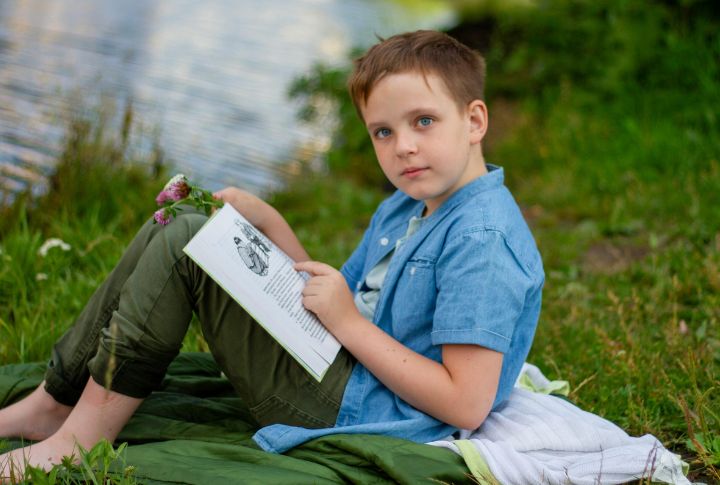
Some skills fade as we grow, but one continues to guide every decision, dream, and discovery. It’s small enough to begin in childhood yet powerful enough to last a lifetime. And those who master it early rarely stop growing.
So, let’s find out what exactly this skill is and how it shapes the rest of life.
Reading: The Key That Unlocks Every Door
To read is to unlock the secret code of the universe, as each letter represents a sound, each sound forms a word, and each word carries an idea. For a child, this process is nothing short of magic. That’s why a child who reads develops the ability to move beyond immediate experience. They begin to imagine what lies outside their own neighborhood, family, or culture.
This mental flexibility becomes the basis for problem-solving and creativity. Reading, then, is not only an intellectual tool but an emotional one, teaching the brain how to connect seemingly unrelated thoughts into something entirely new.
How Reading Shapes The Brain
Science tells us that reading activates more areas of the brain than almost any other activity. It involves vision, language, memory, and imagination all at once. When children read, neural connections strengthen across these regions, building the architecture for complex thinking. Reading trains the brain to recognize context, follow logic, and visualize abstract concepts.
Over time, the act of reading becomes a workout for the mind, strengthening attention span and enhancing the ability to retain knowledge. It’s no exaggeration to say that every page read rewires the brain toward lifelong learning.
Words That Build Confidence And Voice
Vocabulary is more than a list of words; it’s a bridge to expression. A child with strong language skills can share ideas clearly and ask thoughtful questions. Reading enriches vocabulary in a way no conversation alone can. It introduces children to rhythm, metaphor, tone, and meaning—tools that make communication powerful.
When children learn to express themselves clearly, they feel heard. That sense of being understood boosts confidence and encourages curiosity.
The Gift Of Focus In A Distracted World
Modern life rarely pauses. Screens flash, notifications ping, and attention scatters. Yet, a child lost in a story learns to do something rare: focus. Reading teaches patience, which is the ability to stay with a thought and see it through to the end. It’s a practice in mindfulness before the word ever existed in popular vocabulary.
In reading, children learn that the world rewards those who can sustain their attention. They begin to understand that some discoveries take time. That skill, the capacity to stay engaged without instant gratification, will later become the foundation of success in school, careers, and relationships.
Reading As The Foundation Of All Learning
Every academic subject depends on reading. Whether solving a math problem, understanding a historical event, or conducting a science experiment, comprehension is key. The ability to read well turns words into knowledge.
In essence, reading is the root system beneath every other skill. It nourishes curiosity and gives learning a place to grow. Without that foundation, even the brightest minds struggle to reach their full potential.
How Reading Shapes Leaders And Innovators
History’s great leaders, thinkers, and creators often share one thing in common: a love for reading. Books give access to perspectives beyond one’s own and teach the importance of understanding before judgment. Children who read learn to think for themselves.
Reading also nurtures imagination, the root of innovation. Every discovery begins as an idea, and every idea begins in the imagination of someone who dared to wonder. The child who reads widely grows into the adult who creates boldly.
Reading As A Lifelong Companion
As children grow, their reading tastes change. The fairy tales of childhood evolve into novels, biographies, poetry, or philosophy. Yet the essence remains: reading continues to nurture curiosity. It becomes a lifelong companion, adapting to each stage of life.
For many adults, books become places of refuge and rediscovery. They help make sense of chaos, provide comfort during uncertainty, and remind us of who we are.
Keeping The Flame Alive In The Digital Age
Today’s challenge is not a lack of access but a lack of attention. Parents and teachers must help children rediscover the magic of slowing down with a book. It can start with simple rituals: a few minutes of family reading each night, a visit to the library, or letting kids choose their own stories.
By celebrating books, adults can turn reading into something children crave rather than resist. When reading becomes joy instead of duty, its influence deepens.
Turning The Page Toward The Future
So, hand a child a book. Sit beside them, and let the words take root and grow. Because the pages they turn today will one day shape the way they think, lead, and love tomorrow.
